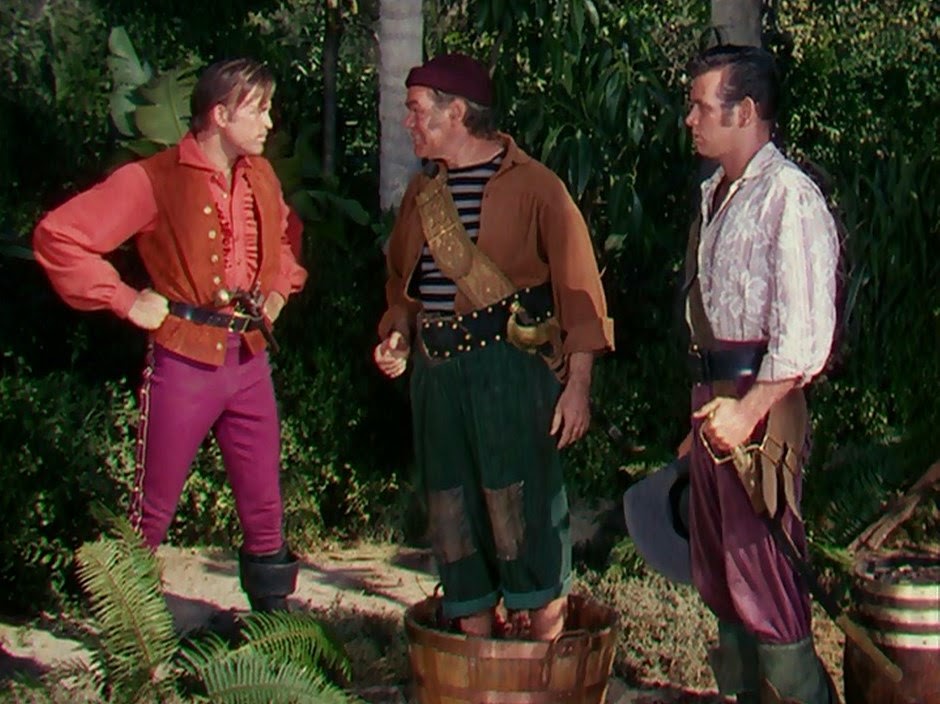Even before this reading, Scott was not unknown to me. I had read both his The Lady of the Lake and The Talisman and I had seen (most) of the 90's Ivanhoe mini-series. Yet I nearly put Ivanhoe aside. The speech of the characters was simply too outrageous, I said. Scott the poet had waxed too enthusiastic in his prose. I would pick it up only to toss it fitfully aside and that only to look at it with my face wrinkled up in indecision. In such manner I worked through the first 100 pages or so. And then something happened—I could not put it down! I tried, but the excitement within the story was intense. Each intense (or humorous, as the case might be) scene swirled to further intensity as the stakes the characters fought for mounted in tension and power. Strangely enough, it was not the troubles of the hero that kept me reading, it was the others. It was the rough yet nobly minded Cedric; the simple (or should the word be level?) minded Athelstane (you have to love Athelstane :)); the chivalrous Black Knight; the also level-headed (with the perfect touch of wit for spice) Locksley. It was the brave and hilarious De Bracy, the courageous Rebecca and finally...Brian Bois-Guilbert.
Cedric begins on rather an unwieldy note. In other words, I couldn’t bear him. However, through the story his nature begins to unfold and you begin to see him for the true noble he is. Indeed, such were my feelings for him that by the end I wished I could give him a big squeezing hug as I give my father (except that I think that Cedric would not appreciate it as much as my father).
De Bracy. I know he is technically on the side of the wicked Prince John, but honestly, if Scott wanted us to love the hero, he should not have created such charming and not-exactly-evil villains. And De Bracy is every wit that, for with all his ambition and mad schemes he does have some sense of honor and he is a brave and skillful knight. Finally, he has humor and light-spirits even in slightly unpleasant circumstances, which Ivanhoe does not. Altogether I like him very much indeed!
Brian Bois-Guilbert aka The Templar. Where do I begin…? His character is incredibly complex and incredibly fascinating. Though the book may be called Ivanhoe, it is Bois-Guilbert who sweeps the story before him and takes hold of the imagination with all the questions raised of a soul tortured by both his past and present. Of all the characters in the story Rebecca was the only one whose quiet strength was the equal of the intense flame of his. The one thing which his incredibly strong nature attempts to break unheeded. Or rather, in the attempt, it is broken itself and the proud Templar finds himself shaken in all the power he held within his hitherto unmoving hand. Ah—and then the end. Trust to Scott to make a hopelessly tied-up situation, with only one way out—and that only for the hero and none for his adversary! However, it was the only way…or at least the only way to finish it with honor for everybody and without ending it in ridiculous improbability. Scott never sways you to think that any of the evil Bois-Guilbert does is good and his ending is a just retribution for his actions. Yet it hurts. Scott had invested so much into his character and though I knew what must be his end, it was painful when the time came and—I admit—I cried.
I have not touched on the many others that make this story memorable, too: Rowena, the Black Knight, Friar Tuck, Wamba, Isaac the Jew—even the named hero of the piece, Ivanhoe. I don't know if I did it on purpose or if it just happened that way, but I think it's turned out perfectly. Those characters are all good and I relish the reading of them, but it is in the bitter and grieved and complex that Scott's brilliance shines and it is for that—in both his writing and his characters—that I love this story.
















